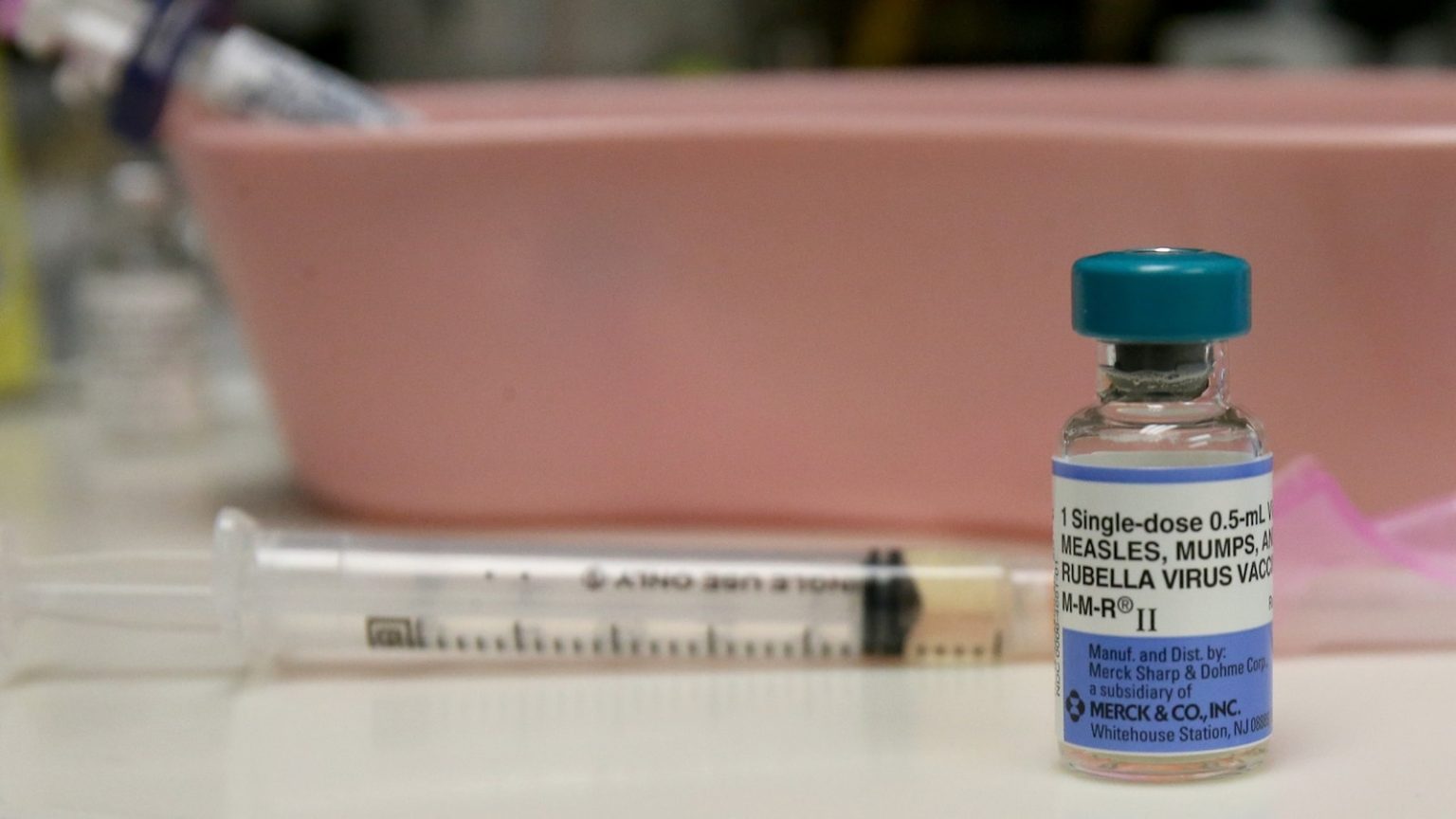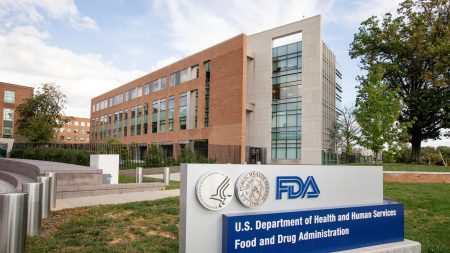Texas Faces a Growing Measles Outbreak: Here’s What You Need to Know
The measles outbreak in Texas continues to escalate, with the latest data showing 124 confirmed cases as of Tuesday. This surge in cases has raised concerns among health officials, as measles is one of the most contagious and potentially dangerous diseases known to humans. The Texas Department of State Health Services (DSHS) has reported that nearly all cases are among unvaccinated individuals or those with an unknown vaccination status. Additionally, 18 people have been hospitalized, and five cases involve individuals who were vaccinated. The outbreak is primarily affecting children and teenagers, with 62 cases reported among those aged 5 to 17 and 39 cases among children under the age of 4.
The Role of Vaccination Status in the Outbreak
A significant factor contributing to the measles outbreak in Texas is the low vaccination rate among those affected. According to the DSHS, the vast majority of cases—approximately 91%—are in unvaccinated individuals or those whose vaccination status is unknown. Only 5 cases involve people who were fully vaccinated, which highlights the effectiveness of the measles, mumps, and rubella (MMR) vaccine in preventing the disease. Despite this, the rising number of vaccine exemptions in certain areas has created vulnerable populations where measles can spread rapidly.
The MMR vaccine is highly effective, with one dose providing 93% protection and two doses increasing that efficacy to 97%. The Centers for Disease Control and Prevention (CDC) recommends that children receive their first dose of the MMR vaccine at 12 to 15 months of age and their second dose between 4 and 6 years old. Vaccinated adults typically do not need a booster shot. However, in areas with low vaccination rates, even a small number of unvaccinated individuals can create a ripple effect, putting entire communities at risk.
Gaines County: The Epicenter of the Outbreak
Gaines County has emerged as the epicenter of the measles outbreak, with 80 confirmed cases among its residents. This area has seen a dramatic rise in vaccine exemptions in recent years, making it a hotspot for preventable diseases like measles. In 2013, approximately 7.5% of kindergarteners in Gaines County had parents or guardians who filed for a vaccine exemption. By 2023, this number had more than doubled to 17.5%, one of the highest rates in the state.
The rise in exemptions is even more pronounced in individual schools within the county. For example, at Loop Independent School District (ISD), located in Gaines County, the percentage of students seeking conscientious exemptions for at least one vaccine skyrocketed from 13.08% during the 2018-19 school year to 47.95% in the 2023-24 school year. This sharp increase in vaccine hesitancy has created an environment where measles can spread quickly, as the virus thrives in areas with low vaccination rates.
Exposure Warnings and Regional Spread
The measles outbreak in Texas is not confined to Gaines County. On Monday, the DSHS issued a warning that people in central or south-central Texas may have been exposed to measles. This follows reports that an individual from the outbreak area, who was later diagnosed with measles, visited locations in the San Marcos and San Antonio areas during the weekend of February 14-16 while contagious. Health officials have shared specific times and locations where exposure may have occurred, urging anyone who may have been exposed to be vigilant for symptoms.
Meanwhile, the outbreak has also spilled over into neighboring New Mexico. At least nine cases have been confirmed in Lea County, which borders Texas. This cross-state spread underscores the importance of regional collaboration in addressing public health crises. The CDC has confirmed 93 measles cases in eight states so far this year, including Alaska, California, Georgia, New Jersey, New Mexico, New York, Rhode Island, and Texas. Similar to the Texas outbreak, most of these cases involve unvaccinated individuals or those with unknown vaccination status.
The National Perspective and the Importance of Vaccination
The measles outbreak in Texas and beyond highlights the ongoing challenges of vaccine hesitancy and the importance of maintaining high vaccination rates to prevent the spread of preventable diseases. The CDC has emphasized that measles is one of the most contagious diseases known to humans, with the potential to spread to up to 9 out of 10 susceptible close contacts. This level of contagiousness makes vaccination crucial for protecting not only individuals but also entire communities.
Before the introduction of the measles vaccine, an estimated 3 to 4 million people were infected annually in the United States, resulting in significant morbidity and mortality. The widespread use of the MMR vaccine has dramatically reduced measles cases, but the recent rise in outbreaks underscores the fragility of this progress. Health officials are urging anyone who is not vaccinated to receive the MMR vaccine to protect themselves and their communities from measles and other preventable diseases.
In conclusion, the measles outbreak in Texas serves as a stark reminder of the importance of vaccination in maintaining public health. As the number of cases continues to rise, it is imperative for individuals to take proactive steps to protect themselves and their loved ones. By staying informed, getting vaccinated, and supporting public health efforts, we can work together to contain this outbreak and prevent future ones.















